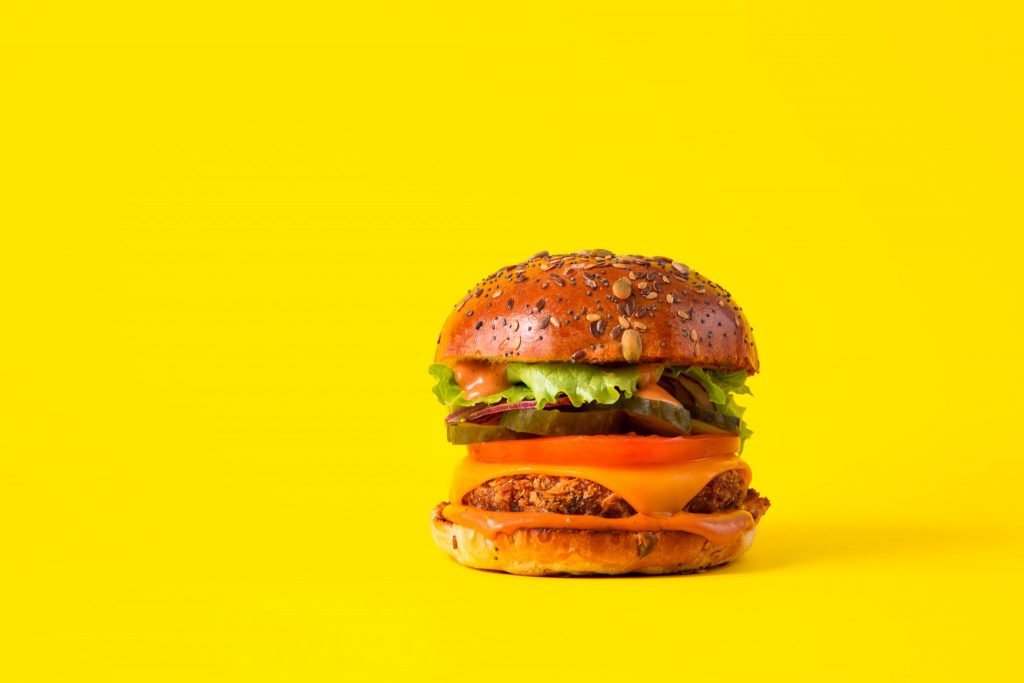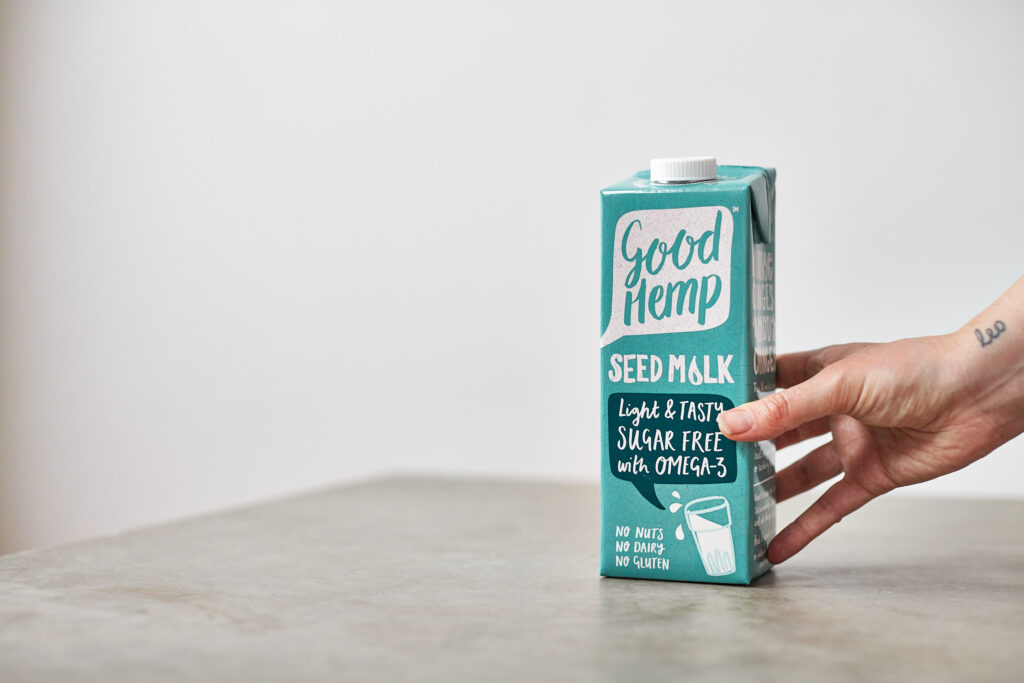Editor’s note:
We all have different views on what constitutes ‘good food’. And rightly, so. Whether you’re a meat-eater, flexitarian, vegetarian or vegan, that’s completely your choice. We’re not here to judge. What we are here to do is to present the true story of what we’re eating, so you can make more informed choices.
At Live Frankly, we help you find the best suppliers, and promote better food that is healthier for people, animals and the environment – whatever your diet.
Written in January 2022 by Leila Dehghan,
MD, MSc (Nutr), ANutr (Nutritionist and Education Lead for Plant Based Health Professionals)
Recently, we have seen a surge in people going plant-based. According to the Vegan Society, 7.2 million British people are now eating a meat-free diet. People adopt a plant-based diet to improve their health, to fight climate change, or to stop animal cruelty—all compelling reasons. Whatever your reason may be, if you are considering going vegan or have already made the switch, here’s what you need to know to enjoy a healthy plant-based diet…
Plant based health tips:
vegan junk food vs whole foods
Firstly, it is important to understand the difference between a vegan diet and a whole food plant-based diet, and why you should aim to follow the latter.
A vegan diet excludes all animal products including fish, eggs, and dairy just like a whole food plant-based (WFPB) diet. However, you find products in shops that are labelled vegan, such as Gingernut biscuits, Oreo cookies or many of crisps which are accidentally vegan. Also, the more recently available products like Ben & Jerry’s non-dairy ice creams and the many different faux-meats like Beyond Meat Burgers.
These are processed foods and can contain high levels of unhealthy ingredients such as added sugar, salt, and refined flours.

The same applies to most vegan meals you can readily buy at fast food restaurants like McDonald’s or KFC. These products may make the transition to a plant-based diet easier. But, ultimately the goal should be to consume a WFPB diet – which is made up of whole, unrefined, or minimally processed plant foods such as fruits, vegetables and nuts. It is worth mentioning that tofu, tempeh and whole grain flours and pastas are considered minimally processed and can be enjoyed as part of a healthy WFPB diet.
Quorn products are derived from mycoprotein which is also a minimally processed product. Even so, many vegan ready-made meals involving tofu, tempeh or mycoprotein can include a significant amount of unhealthy additives. So, you should always check the labels of these products.
When adopting a plant-based diet you need to make an effort not to fall into the habit of relying on vegan junk food. These provide calories without fibre, antioxidants and other essential nutrients.

Seven simple plant-based health tips on how to enjoy a vegan diet
TIP 1
Do it at your own pace. There is no right or wrong way to make the transition. Depending on their current diet, some people adopt a plant-based diet overnight. Others remove one animal product at a time from their diet. Or maybe you could start by having one plant-based meal per day or having a plant-based day per week. Choose whatever works best for you.
TIP 2:
Consider your current diet; some of the foods you eat are already plant-based: oatmeal, jacket potato, vegetable stews, hummus, falafel, and many pasta dishes. Make a note of those and try to include more of them.
TIP 3:
Don’t think of what you have to give up. Think of what plant foods you can add to your meals. Crowd out animal products by adding an extra serving of vegetables to your meals. Or replace the meat in the recipe with plant protein sources such as beans or lentils.
TIP 4:
Experiment with new ingredients. Jackfruit and portobello mushrooms have a meaty texture and make great alternatives in meat dishes. They are high in fibre and rich in B vitamins and essential minerals and antioxidants, but contain no cholesterol. Whereas beef steak or chicken breast do not offer any fibre nor antioxidants, and have more calories than the plant food alternatives.
TIP 5:
Find a plant-based version for the items you consume on a daily basis like milk, yogurt, and cheese.
TIP 6:
Learn how to make your favourite meal plant-based. Not having to miss out on your favourite foods makes it easier to continue.
TIP 7:
Plant-based meat alternatives, although largely processed, can make the transition easier. But, try to ensure they are not a part of your daily diet.

Plant-based health and the truth about supplements
As you gradually remove all animal products from your diet, be sure to replace them with fruits, vegetables, whole grains, and legumes.
People often believe that they can eat junk food and meet their nutritional requirements by taking a multi-nutrient supplement.
There are several reasons why supplements cannot substitute the essential nutrients found in real foods. Specific nutrients in foods work together to enhance the benefits we experience. For example, vitamin C (present in broccoli, peppers) improves iron absorption (present in legumes). Supplements cannot replace this synergistic effect.
What’s more, supplements are not 100 percent natural and can have side effects or interact with other medication. There is even evidence suggesting that high doses of certain supplements can have serious health risks, while the same nutrients from foods come with additional health benefits.
The only must-have supplement on a plant-based diet — vegan as well as vegetarian — is vitamin B12. This is because B12 comes from the bacteria in the soil, not plants or animals.

Plant-based health and essential nutrients
Even so, there are a few other nutrients you need to be aware of:
Vitamin D
Essential for bone health and a healthy immune system. The NHS recommends all adults in the UK to take a vitamin D supplement from October to April. Or, whenever not exposed to sunshine, e.g. spending too much time indoors during lockdown.
Calcium
Helps to keep teeth and bones strong and healthy, is required for muscle contraction, nerve transmission and wound healing. Include green leafy vegetables, calcium-set tofu, beans, dried figs, and chia seeds in your diet regularly. Always opt for plant milks fortified with calcium.
Iodine
Required for healthy thyroid function. Look for plant milks that are fortified with iodine. Alternatively, you can take a daily non-seaweed supplement.
Iron
Used to make haemoglobin, our oxygen-transporting blood cells, also important for growth and development. Plant protein sources such as beans, lentils, and seeds are abundant in iron. Other sources include dark leafy greens and whole grains. Make sure to have them with a source of vitamin C and avoid drinking tea and coffee with your meals.
Omega-3 Fatty Acids
Promotes brain health, reduces risk of heart disease and helps fight inflammation. Just one tablespoon of ground flaxseeds or two tablespoons of chia seeds or 3-4 walnuts will cover your daily needs. You can also choose to take an algae-based supplement.
Vegan diet: further reading and listening
Educating yourself will help you to stay inspired and committed to follow a healthy plant-based diet.
One of my favourite books is The Pleasure Trap; the authors explain how modern foods are designed to activate the pleasure centres in our brain and how neuroadaptation leads to becoming addicted to these processed foods. The book offers solutions on how to change our deleterious lifestyle choices.
The Exam Room podcast presents evidence-based tips you can trust. Dr Neal Barnard, the president of Physicians Committee for Responsible Medicine and a pioneer in plant-based nutrition, often runs a Q&A session, discusses the latest research and health issues such as Covid-19 and reveals the best foods to consume to fight various diseases.
Any step you take towards consuming a plant-based diet is a win-win both for the environment and your health. Just take the first step and then another.

About the author:
Dr Leila Dehghan is a doctor turned nutritionist. She studied medicine at the Medical University of Vienna and worked as a doctor in the UK before quitting because of her debilitating migraines. After watching a documentary and learning about the cruelty involved in dairy industry she became vegan in 2014. However, it was a conference in 2018 organised by Plant-Based Health Professionals UK titled “Nutrition in Medicine” that introduced her to a whole food plant-based diet. Inspired by the talks, she transitioned to a whole food plant-based diet. Her personal experience of healing her chronic migraines through diet, shifted her professional interests to focus on the power of nutrition. She earned a Plant-Based Nutrition Certificate at eCornell, part of Cornell University, and obtained a Master’s of Science degree in Clinical and Public Health Nutrition from the University College of London.
During her studies, Dr. Dehghan became aware of the role of our food choices on the environment and how human rights and animal rights are interconnected. As a plant-based health professional she is passionate about food justice and health equity. Her work focuses on finding effective ways to address racial and socio-economic issues that affect health.


